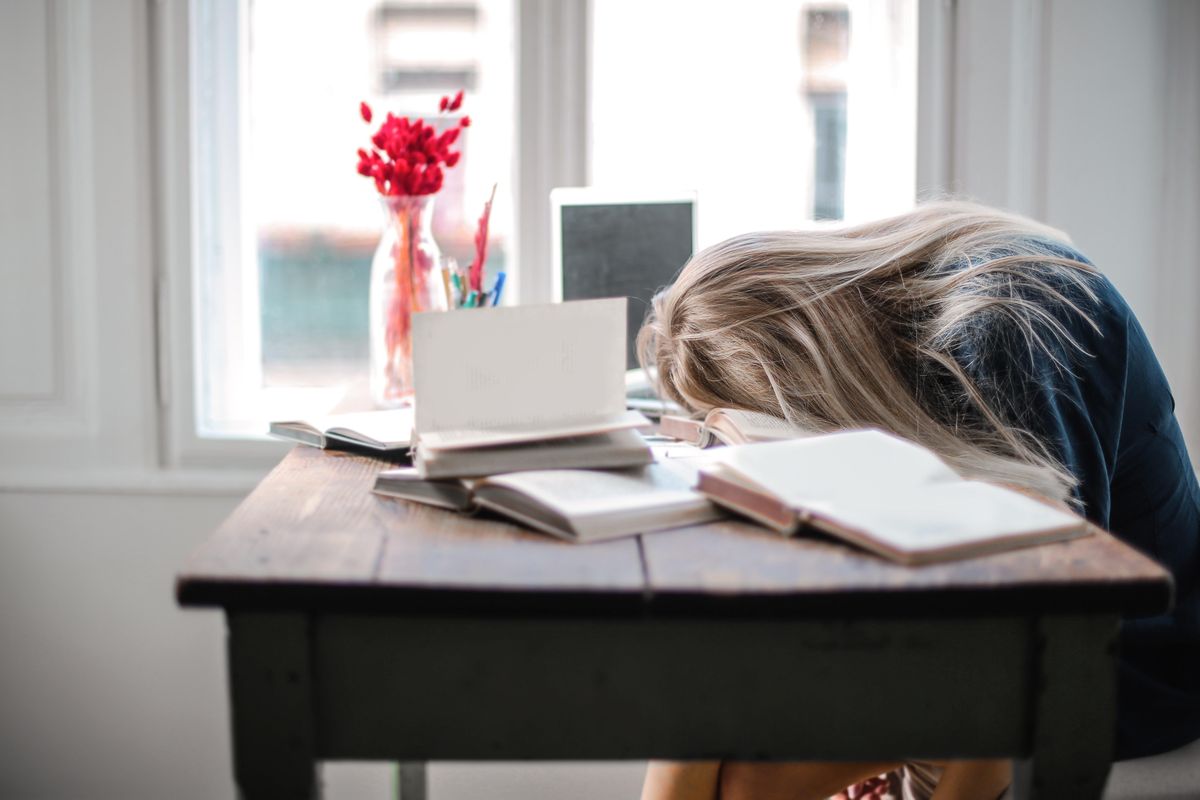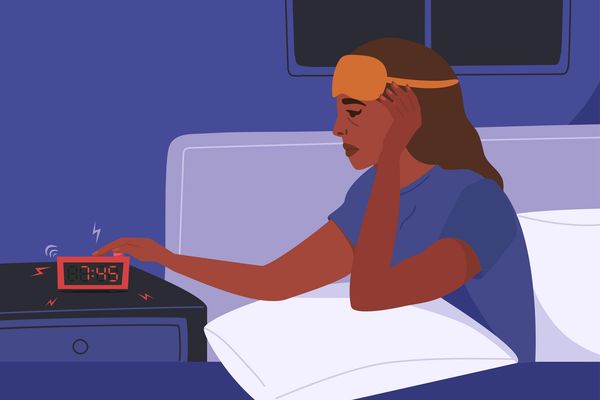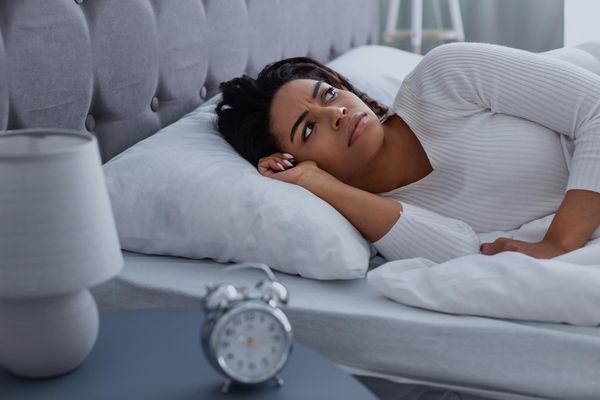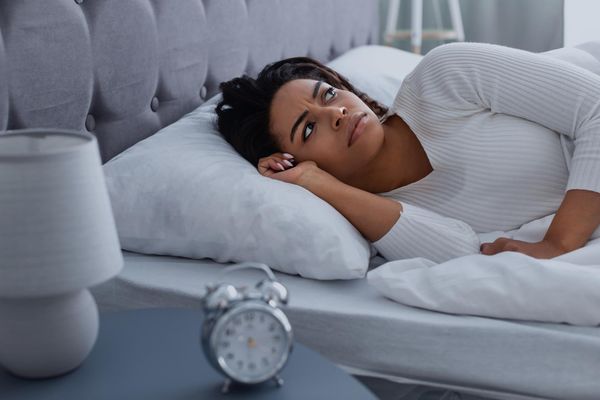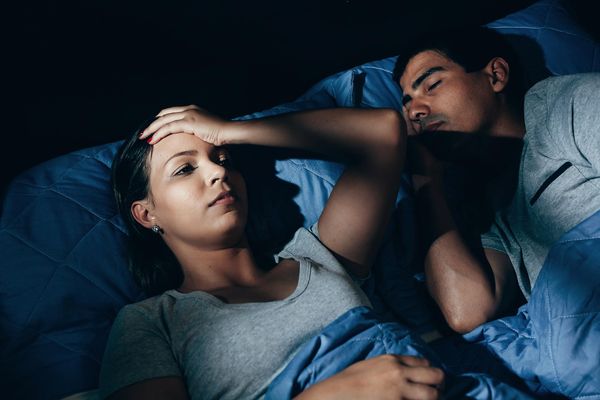The following questionnaire will help you measure your general level of daytime sleepiness. You are to rate the chance that you would doze off or fall asleep during different routine daytime situations. Answers to the questions are rated on a reliable scale called the Epworth Sleepiness Scale (ESS). Each item is rated from 0 to 3, with 0 meaning you would never doze or fall asleep in a given situation, and 3 meaning that there is a very high chance that you would doze or fall asleep in that situation.
How likely are you to doze off or fall asleep in the following situations, in contrast to just feeling tired? Even if you haven't done some of these activities recently, think about how they would have affected you.
Use this scale to choose the most appropriate number for each situation:
0 = would never doze
1 = slight chance of dozing
2 = moderate chance of dozing
3 = high chance of dozing
It is important that you circle a number (0 to 3) on each of the questions.
| Situation | Chance of dozing (0 to 3) | |||
| Sitting and reading | 0 | 1 | 2 | 3 |
| Watching television | 0 | 1 | 2 | 3 |
| Sitting inactive in a public place--for example, a theater or meeting | 0 | 1 | 2 | 3 |
| As a passenger in a car for an hour without a break | 0 | 1 | 2 | 3 |
| Lying down to rest in the afternoon | 0 | 1 | 2 | 3 |
| Sitting and talking to someone | 0 | 1 | 2 | 3 |
| Sitting quietly after lunch (when you've had no alcohol) | 0 | 1 | 2 | 3 |
| In a car while stopped in traffic | 0 | 1 | 2 | 3 |
| Total Score: | ||||
Copyright 1991, Dr M.W.Johns, reproduced with permission.
Scoring your results
Now that you have completed the questionnaire, it is time to score your results and evaluate your own level of daytime sleepiness. It's simple. Just add up the numbers you put in each box to get your total score.
The Epworth Sleepiness Scale key
A total score of less than 10 suggests that you may not be suffering from excessive daytime sleepiness.
A total score of 10 or more suggests that you may need further evaluation by a physician to determine the cause of your excessive daytime sleepiness and whether you have an underlying sleep disorder.
Your next steps
This scale should not be used to make your own diagnosis. It is intended as a tool to help you identify your own level of daytime sleepiness, which is symptom of many sleep disorders.
If your score is 10 or more, please share this information with your physician. Be sure to describe all your symptoms, as clearly as possible, to aid in your diagnosis and treatment.
It is important to remember than true excessive daytime sleepiness is almost always caused by an underlying medical condition that can be easily diagnosed and effectively treated.

